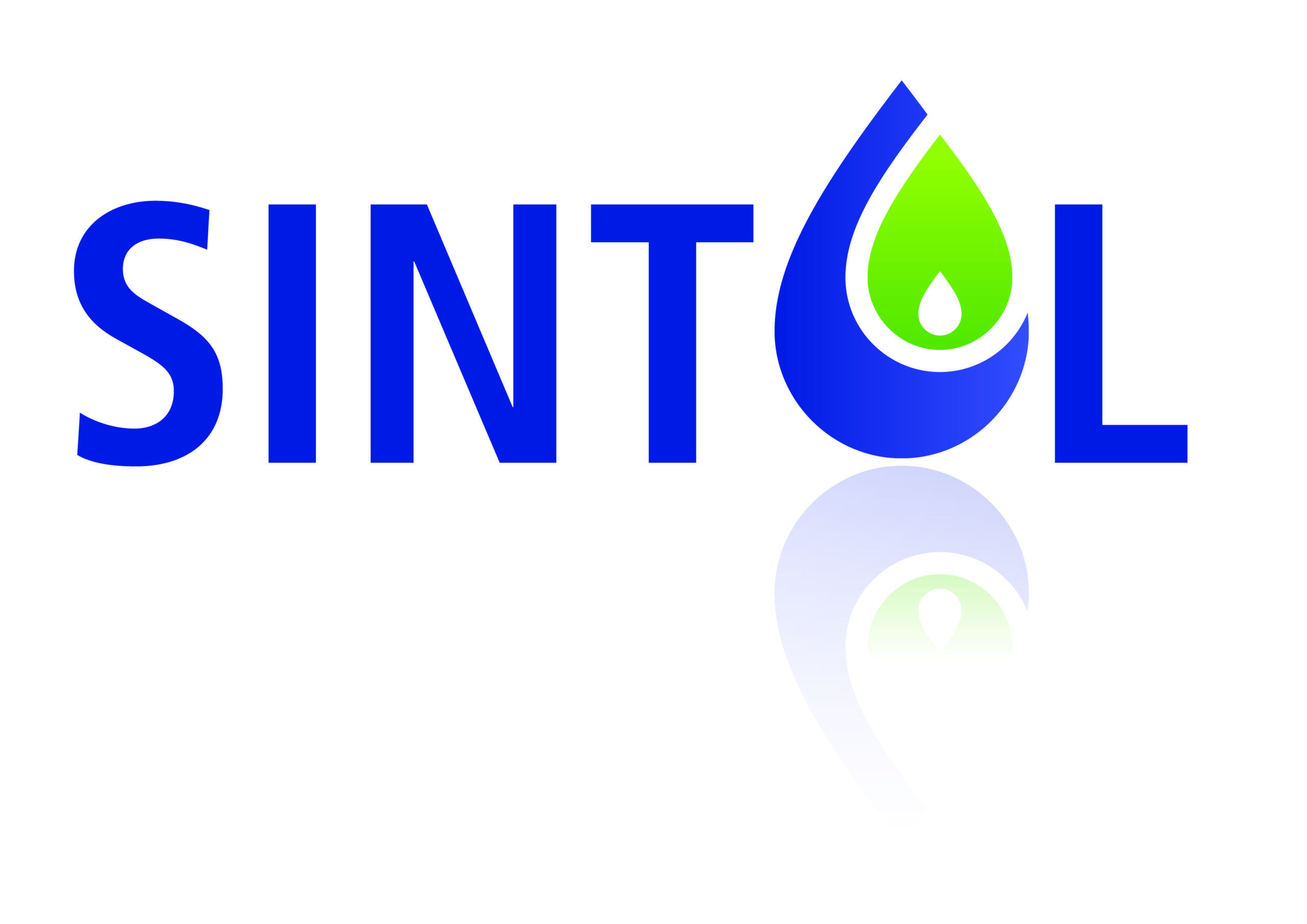Highly contaminated and heterogeneous waste cannot be recycled by means of conventional mechanical methods. In fact, plastic waste can be mechanically recycled just one or two times, and thus, sooner or later also reclaimed plastic will become a waste.
This is particularly true for marine litter, which is impossible to recyle with conventional technologies cost effectively.
Therefore a new pragmatic and non ideological approach to recover such difficult-to-recycle materials is the chemical recycling.
At its broadest definition, chemical recycling basically aims to recover the constituent building blocks of the feedstock as useful products. Within this pragmatic concept, the recovered building blocks can become valuable feedstock for the chemical industry or can become flexible energy carriers suitable for straight application displacing conventional oil-based fuels.
A good example of this approach was excplored during EU funded project marGnet, where marine litter was converted into ISO compliant marine fuels for fishermen, triggering a virtous cycle of depollution.
Further info:
Faussone, G. C., Kržan, A., & Grilc, M. (2021). Conversion of Marine Litter from Venice Lagoon into Marine Fuels via Thermochemical Route: The Overview of Products, Their Yield, Quality and Environmental Impact. Sustainability, 13(16), 9481.
Faussone, G. C., & Cecchi, T. (2022). Chemical Recycling of Plastic Marine Litter: First Analytical Characterization of The Pyrolysis Oil and of Its Fractions and Comparison with a Commercial Marine Gasoil. Sustainability, 14(3), 1235.
